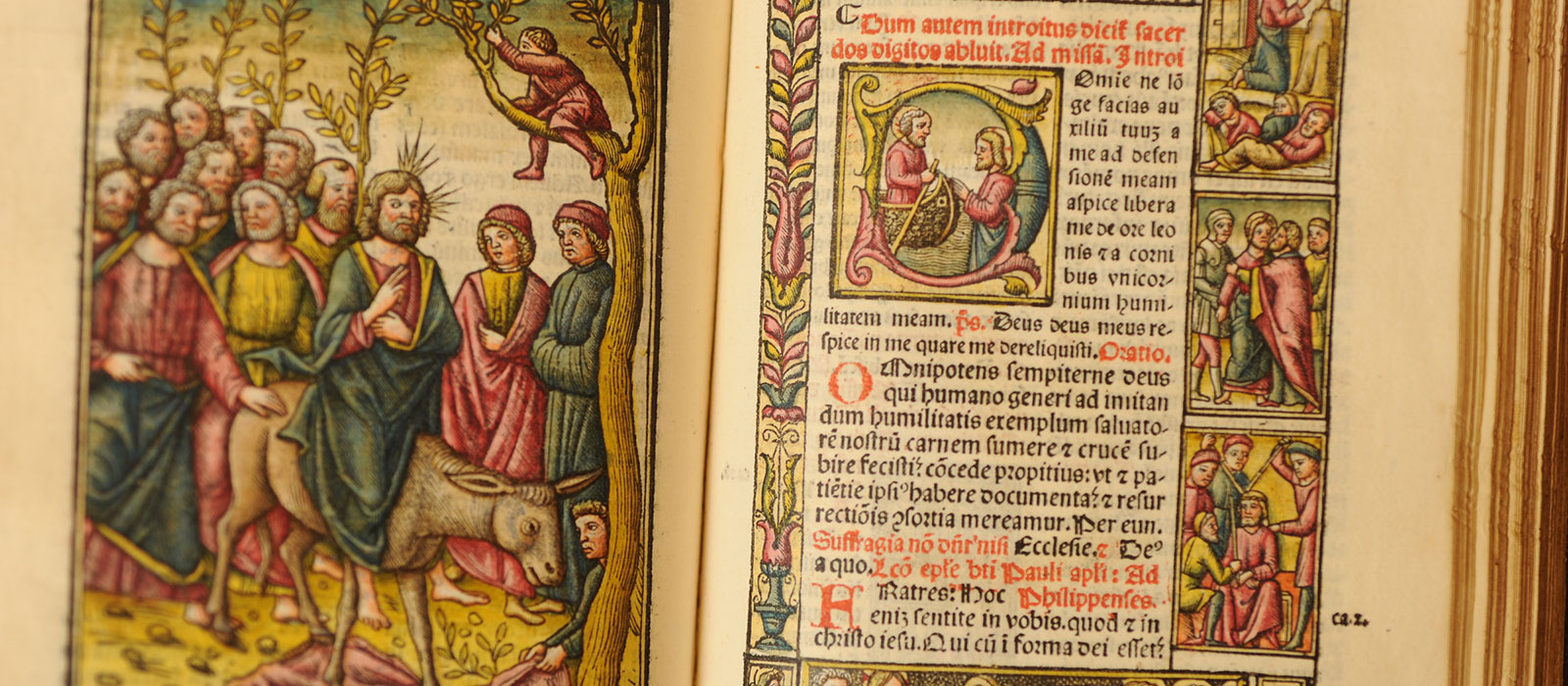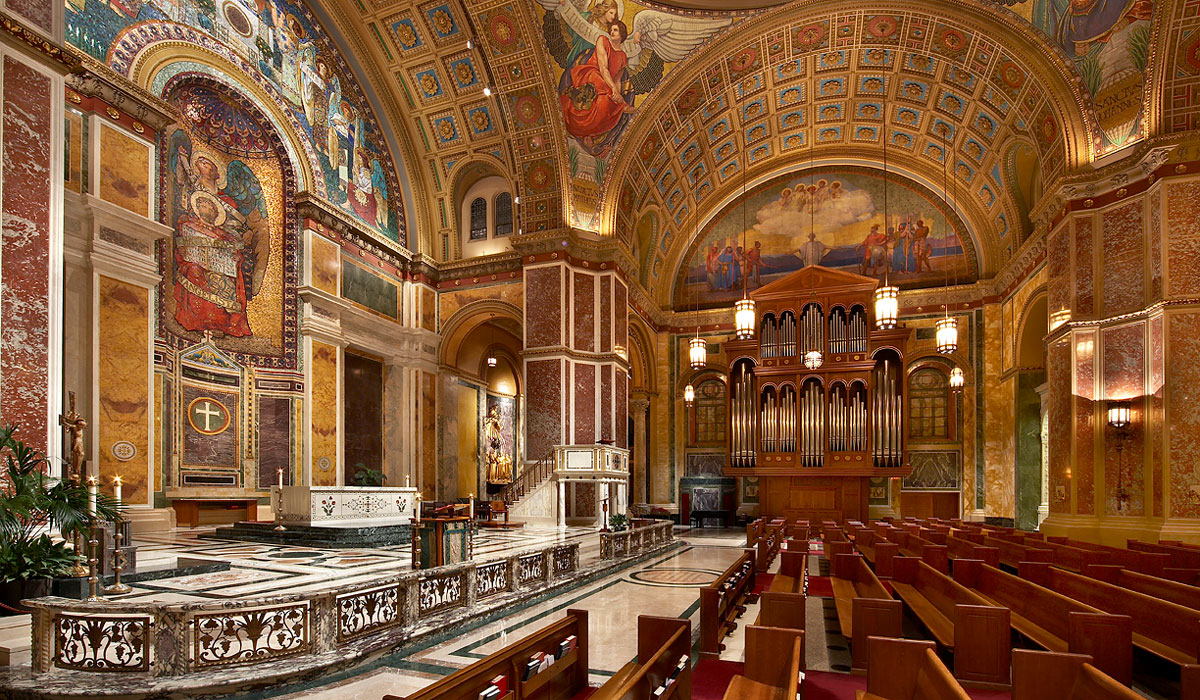Why Study Theology in D.C.?
Catholic University’s location in Washington, D.C., means that it helps shape issues of the public moment. This is where theological thinking in the United States moves from the classroom to the culture.
Learn More
The program in historical theology studies the development of Eastern and Western Christian theology from the earliest Christian communities to the present. Through the emergence of theology as a science in the 12th century West, the discipline of theology became systematized and eventually located in the setting of a university. Before, during, and after this development, however, the practice of theology included liturgical forms, preaching, treatises on the contemplative life and pastoral care, communal devotions, and diverse exegetical strategies. Throughout this history and increasingly in the modern West, the interplay between faith and reason and between philosophy and theology have remained central preoccupations.
Current strengths of the program include Greek, Latin, and Syriac Patristics, medieval systematic and mystical theology, the Franciscan tradition, John Henry Newman,Vatican I/Vatican II, twentieth-century Catholic thought, John Courtney Murray, the history of the ecumenical movement, Latino Catholicism, and recent developments in European and U.S. Catholic theology. The program in historical theology works closely with the other academic areas in the School of Theology and Religious Studies (biblical studies, church history, liturgical studies, moral theology, pastoral theology) as well as with the School of Philosophy, the Department of History, the Department of Greek and Latin, the Department of Semitics, the Center for Early Christian Studies, and the Center for Medieval and Byzantine Studies.
Systematic theology undertakes the task of a comprehensive and synthetic understanding of the Christian faith as mediated through the Scriptures and the Catholic Tradition and as interpreted by the conciliar and papal magisterium. Building on courses that explore the history of this effort, the program reflects on questions of hermeneutics and method, especially about the relationship among theology, philosophy, history, and the modern sciences. Courses are developed with a recognition of the ecumenical, cross-cultural, and interreligious aspects of questions. The program focuses in particular on theological questions about anthropology, revelation and faith, dogma and the development of doctrines, christology and soteriology, Trinity, ecclesiology, eschatology, comparative theology, and theology of religions.

Catholic University’s location in Washington, D.C., means that it helps shape issues of the public moment. This is where theological thinking in the United States moves from the classroom to the culture.
Learn More